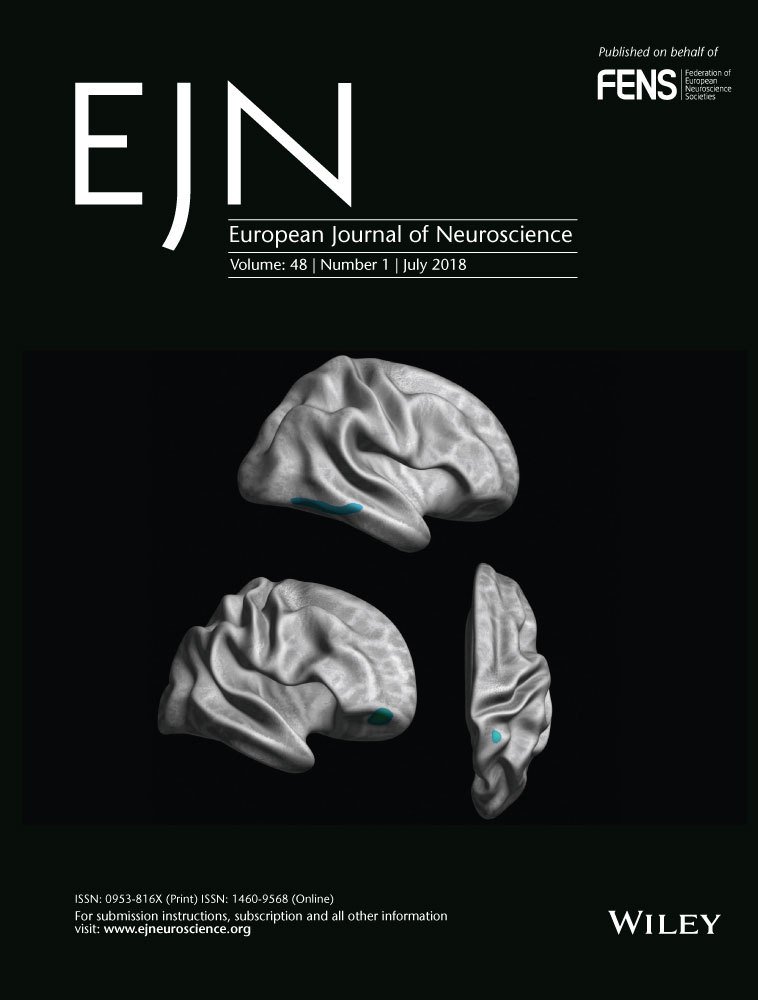EJN Editorial on Neuroscience without borders: Preserving the history of neuroscience
10 September 2018
FENS News
10 September, 2018 in FENS News
 |
Neuroscience without borders.preserving the history of neuroscience Eur J Neurosci. https://doi.org/10.1111/ejn.14101
|
Over the last 50 years, neuroscience has enjoyed a spectacular development, with many discoveries greatly expanding our knowledge of brain function. Despite this progress, there has been a disregard for preserving the history of these discoveries. In many European countries, historic objects, instruments, and archives are neglected, while libraries and museums specifically focusing on neuroscience have been closed or drastically cut back. To reverse this trend, the Federation of European Neuroscience Societies (FENS) has organized a number of projects, including (a) the History of Neuroscience online projects, (b) the European Brain Museum Project (EBM), (c) the History online library, (d) the FENS meeting History Corner, (e) history lectures in historic venues, and (f) a series of history seminars in various European venues. These projects aim to stimulate research in, and increase awareness of, the history of European neuroscience. Our seminars have attracted large audiences of students, researchers, and the general public, who have supported our initiatives for the preservation of the history of neuroscience for future generations and for the promotion of interest in the history of neuroscience. It is therefore urgent to develop new methods for preserving our history, not only in Europe but also in the rest of the world, and to increase greatly teaching and research in this important aspect of our scientific and cultural legacy.